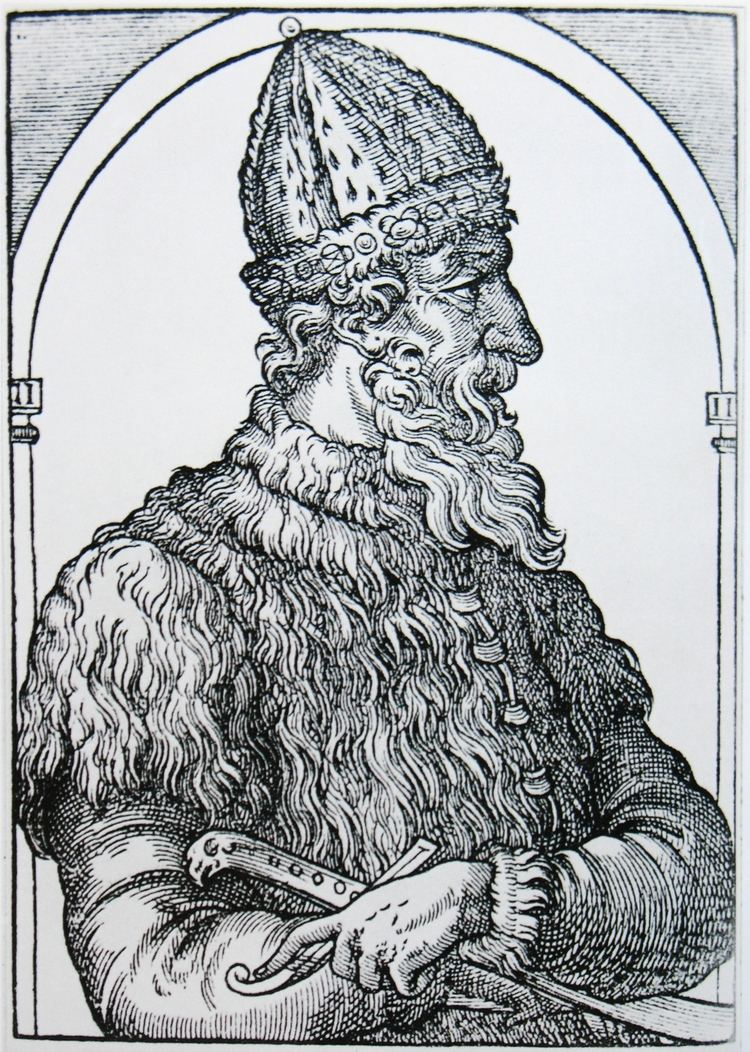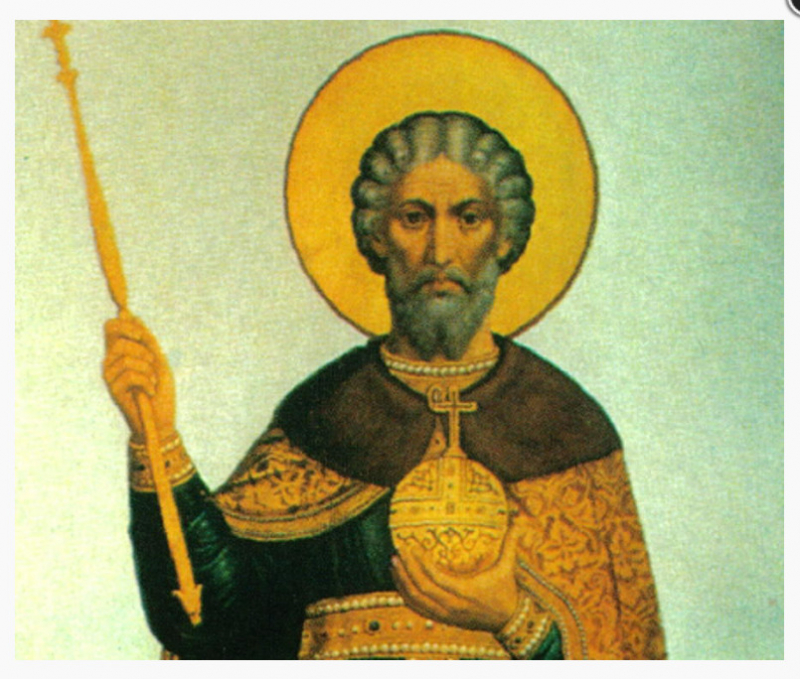Ivan the Great addressed himself as the tsar
South and East Slavic rulers are referred to as tsars. It owes its name to a kind of rule known as tsarism or tsarist autocracy. The word "emperor" is derived from the Latin word "Caesar," which refers to a ruler with the same rank as a Roman emperor who held it with the consent of another emperor or a supreme ecclesiastical official (the Pope or the Ecumenical Patriarch), but who was typically regarded by western Europeans as being equivalent to "king."
Even though it was not an official title, Ivan was the first Russian emperor to call himself a "tsar". Although the title that Ivan gave himself was unofficial, he often used it in correspondence with representatives of foreign kingdoms and republics. Actually, under Ivan III, the Moscow administration underwent a substantial shift in personality and assumed a new authoritarian form. This was a logical result of Moscow's dominance over the other Vladimir-Suzdal regions as well as of new imperial aspirations. Orthodox canonists were inclined to see the Grand Princes of Moscow, where the Orthodox Metropolitan of Kyiv relocated in 1325 following the Mongol Invasions, as the Byzantine emperors' heirs following the fall of Constantinople. Ivan the Great started addressing himself as the star in international letters, showing that he seemed to support the notion.












